
Wisdom teeth, also called third molars, often cause quite a bit of trouble. Because they are the last teeth to come out, usually between the ages of 17 and 22, it often happens that there is no room for them. As a consequence, they tend to grow in abnormal ways, for example sideways or only partially, and they are often impacted or trapped, which can cause significant pain, discomfort, inflammation and infection. In such cases wisdom teeth need to be removed.
Wisdom Teeth Removal
Wisdom teeth removal is a common dental procedure. Depending on the tooth, on whether it is completely or only partially erupted or it is impacted, it can be simply pulled out like any other tooth, or it may require a proper surgery, usually done by either a skilled general dentist or, more commonly, an oral surgeon.
The procedure is done with an anesthetic, usually local, although some people request to be more heavily sedated or completely asleep.
For removing an impacted tooth, the surgeon makes an incision in the gums and approaches the tooth from its root in the jawbone. In some cases, some of the jawbone needs to be cut or scraped. After the tooth is removed, the incision is sewn or stitched.
Some of the complications that may arise after this procedure include heavy bleeding and swelling, infections, sinus damage or nerve damage, which can lead to temporary or permanent lip and chin numbness.
Recovery and Aftercare
In order for the wound to heal properly and to avoid possible complications, it is highly recommended to strictly follow the dentist’s or the surgeon’s recommendations about the recovery and aftercare.
It takes from five to seven days for the pain, swelling and bleeding to go away completely, but the tissue and the bone will require more time to return to normal, approximately four weeks.
There will be some bleeding, especially in the first 24 hours. The bleeding can be controlled by gently biting on a cotton pad placed on the wound, which needs to be changed regularly. It is recommended to avoid solid foods and to stick to liquid or soft diet, consisting of water, soup, juice, tea, jelly, mashed potatoes and similar, at least for 48 hours.
Swelling can be reduced by applying ice packs to the area for ten minutes, with 20 minutes of pause, and then applying them again. This should be repeated for the first 24 hours after the wisdom tooth removal.
For relieving the pain it is recommended to take analgesics like ibuprofen but to avoid Aspirin, because it may disrupt the formation of the clot. In some cases oral antibiotics are prescribed to prevent infections and they must be taken exactly as prescribed.
As for the hygiene, rinsing is not allowed in the first 24 hours, and brushing and flossing should be done as usual, however avoiding the area of the extracted tooth.


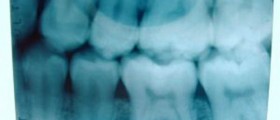
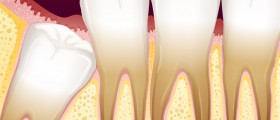
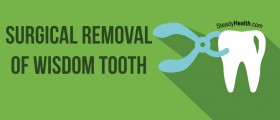
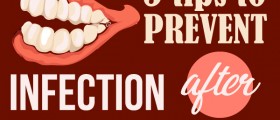
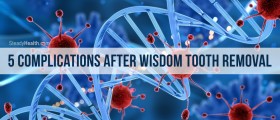




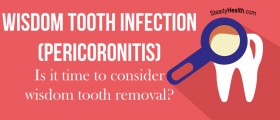





Your thoughts on this
Loading...